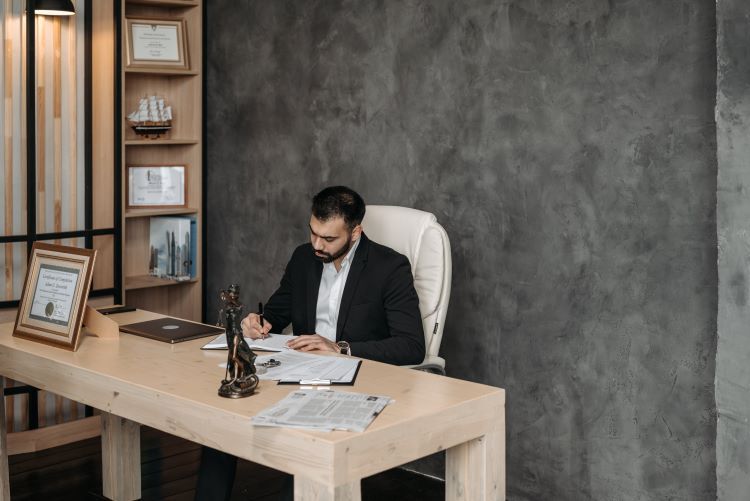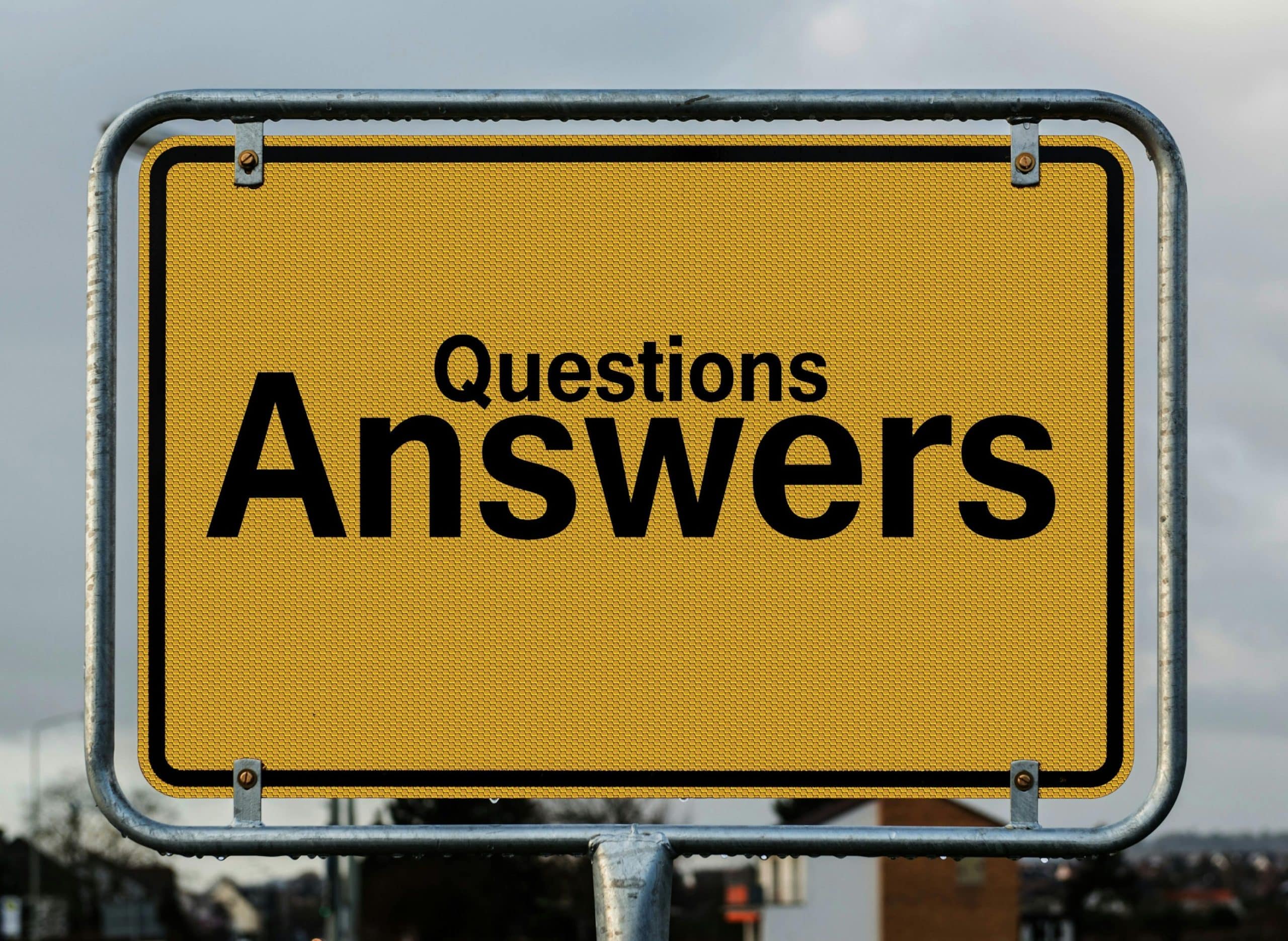
Life is precious. It’s filled with moments of joy, fulfillment, and the pursuit of happiness. But what happens when someone’s negligence shatters that enjoyment? Can you sue them for the loss of those precious moments? In Nevada, as in many other states, the answer is yes. However, navigating the legal terrain of loss of enjoyment claims requires understanding the intricacies of personal injury law. Let’s delve into this topic to shed light on what loss of enjoyment of life entails and how you can seek recourse if you’ve experienced it.
Defining Loss of Enjoyment of Life
Loss of enjoyment of life (hedonic damages) refers to the diminished quality of life experienced by an individual due to an injury caused by someone else’s negligence or intentional actions. It encompasses the physical, emotional, and psychological toll that the injury inflicts, impacting one’s ability to engage in activities they once found enjoyable or fulfilling.
Types of Accidents That Can Lead to Loss of Enjoyment Claims
Loss of enjoyment of life claims can stem from a wide range of accidents, including:
Motor Vehicle Accidents: Car accidents, truck collisions, and motorcycle crashes can result in severe injuries that limit an individual’s ability to enjoy life fully.
Slip and Fall Incidents: Property owners have a duty to maintain safe premises. Slip and fall accidents due to negligence can lead to long-term physical limitations and emotional distress.
Medical Malpractice: Errors by healthcare professionals can lead to catastrophic injuries, affecting a patient’s quality of life and ability to engage in everyday activities.
Workplace Accidents: Injuries sustained in the workplace, such as falls from heights or machinery accidents, can have lasting repercussions on an individual’s enjoyment of life.
Product Liability: Defective or dangerous consumer goods can cause serious injuries, resulting in a diminished quality of life for the victim.
Claims Where ‘Loss of Enjoyment of Life’ May Apply
Loss of enjoyment of life may apply in various personal injury cases where the victim has suffered significant physical or emotional harm. These may include:
Chronic Pain
Catastrophic injuries such as spinal cord damage or traumatic brain injuries (TBI)
Spinal Cord Injuries
Physical Injuries
Emotional Distress
Post-Traumatic Stress Disorder (PTSD).
What Is Loss of Enjoyment of Life in Personal Injury Cases?
In personal injury cases, loss of enjoyment of life refers to the non-economic damages sought by the injured party. Unlike medical bills or lost wages, which have a tangible monetary value, loss of enjoyment of life seeks to compensate for intangible losses, such as the inability to participate in hobbies, social events, or recreational activities.
Separate damages are given for mental anguish where the evidence shows, for example, that the injured person suffered shock, fright, emotional upset, and/or humiliation as the result of the defendant’s negligence.
Establishing Liability for Loss of Enjoyment of Life
To pursue a loss of enjoyment of life claim, you must establish the following elements:
Duty of Care: The defendant owed you a duty of care to act reasonably and prevent foreseeable harm.
Standard of Care: The plaintiff must show the standard of care that the defendant owed to them.
Breach of Standard of Care: The defendant breached the standard of care through negligent or reckless actions, resulting in your injuries.
Causation: There must be a direct link between the defendant’s actions and your loss of enjoyment of life.
Damages: You must demonstrate the extent of your physical and emotional suffering to recover compensation.
Can You Sue for Loss of Enjoyment of Life?
Yes, you can sue someone for loss of enjoyment of life as part of a personal injury claim. However, it’s essential to consult with an experienced personal injury lawyer to evaluate your case’s merits and determine the best course of action.
When Can You Sue Someone for Loss of Enjoyment of Life?
You can sue someone for loss of enjoyment of life when their actions or negligence directly result in injuries that significantly diminish your quality of life. This could include instances where:
Negligence Leads to Injury: The defendant’s negligent actions, such as reckless driving or failure to maintain safe premises, directly cause your injuries.
Intentional Harm Inflicts Injury: In cases of assault, battery, or intentional infliction of emotional distress, the defendant’s deliberate actions cause you harm, resulting in a loss of enjoyment of life.
Injuries Impact Daily Life: Your injuries have a substantial and lasting impact on your ability to participate in activities you once enjoyed, such as hobbies, social events, or physical activities.
Emotional Distress Is Sustained: The emotional toll of your injuries, such as anxiety, depression, or post-traumatic stress disorder (PTSD), significantly diminishes your overall well-being and enjoyment of life.
Loss of Consortium: If your injuries affect your ability to maintain personal relationships or enjoy companionship with loved ones, you may have grounds for a loss of consortium claim.
How Can You Sue Someone for Loss of Enjoyment of Life?
To sue someone for loss of enjoyment of life, you’ll need to take the following steps:
Consult with a Skilled Personal Injury Attorney: Seek guidance from an experienced attorney who specializes in personal injury cases. They can assess the merits of your case and advise you on the best course of action.
Gather Evidence: Collect medical records, witness statements, and other evidence to support your claim. This may include documentation of your injuries, expert testimony, and testimony from friends or family members regarding the impact of your injuries on your life.
File a Lawsuit: Your attorney will file a personal injury lawsuit on your behalf, naming the negligent party as the defendant.
Negotiate or Litigate: Your attorney will negotiate with the defendant’s insurance company to reach a fair settlement. If a settlement cannot be reached, your personal injury case may proceed to trial, where a jury will determine the outcome.
Trial: If your case goes to trial, a judge or jury will hear arguments from both sides and determine the outcome. Your attorney will present evidence and testimony supporting your claim for loss of enjoyment of life. In Nevada, the district court has discretion to qualify a witness as an expert to testify as to the extent of the damages.
Evidence Needed to Prove Loss of Enjoyment of Life
To prove loss of enjoyment of life, you may need the following evidence:
Medical records documenting your injuries and treatment
Expert testimony from medical professionals
Testimony from friends, family, or co-workers regarding changes in your behavior or abilities
Documentation of activities you can no longer participate in due to your injuries
Psychological evaluations or therapy records indicating emotional distress or trauma
Factors to Consider When Pursuing a Loss of Enjoyment Claim
Several factors can influence the outcome of your loss of enjoyment claim, including:
Severity of Injuries: The extent of your injuries and their long-term impact on your life.
Economic Losses: Tangible financial losses, such as medical expenses and lost wages.
Non-Economic Damages: Intangible losses, including physical pain and suffering, emotional distress, and loss of enjoyment.
Statute of Limitations: The deadline for filing personal injury lawsuits, which varies by state.
How to Seek Compensation and Damages for Your Loss
Seeking compensation for loss of enjoyment of life involves calculating both economic and non-economic damages. These may include:
Medical expenses, including past and future treatments.
Lost wages or diminished earning capacity due to your injuries.
Pain and suffering, including physical and emotional anguish.
Loss of consortium for the impact on your relationships with loved ones.
Loss of enjoyment of life for the inability to engage in activities you once enjoyed.
Calculating Damages for Loss of Enjoyment
Calculating damages for loss of enjoyment of life can be challenging, as it involves placing a monetary value on intangible losses. Factors such as the severity of your injuries, your age, occupation, and pre-accident lifestyle may influence the amount awarded.
In Nevada, loss of enjoyment of life is combined with pain and suffering. It is important to note, however, that loss of enjoyment of life is not duplicative with pain and suffering. Loss of enjoyment of life are their own distinct damages.
Statute of Limitations for Filing a Loss of Enjoyment Claim
In Nevada, the statute of limitations for personal injury claims, including loss of enjoyment claims, is typically two years from the date of the injury. It’s essential to consult with an experienced personal injury attorney as soon as possible to ensure compliance with the statute of limitations and preserve your right to seek compensation.
The Role of an Attorney in Loss of Enjoyment Claims
In the intricate realm of personal injury law, an attorney becomes not just a legal representative, but a beacon of hope and support during what can often be a tumultuous time in your life. Here’s how a skilled attorney can uniquely aid you in your pursuit of justice and compensation for loss of enjoyment of life:
Tailored Legal Strategy: Your attorney develops a personalized legal approach based on the unique aspects of your case, ensuring the best possible outcome for you.
Comprehensive Assessment: They conduct a thorough review of your case, examining evidence and consulting experts to build a compelling argument in your favor.
Thorough Investigation: Your attorney leaves no stone unturned, gathering vital evidence and insights to support your claim effectively.
Effective Negotiation: Skilled in negotiations, your attorney adeptly navigates discussions with insurance companies to secure a fair settlement on your behalf.
Litigation Expertise: In court, your attorney represents you confidently, presenting your case persuasively and advocating for your rights.
Resource Network: Leveraging a network of professionals, your attorney strengthens your case with expert testimony and support.
Emotional Support: Beyond legal guidance, your attorney provides empathetic support, guiding you through the emotional challenges of your case.
Advocacy for Maximum Compensation: Your attorney tirelessly pursues maximum compensation for your losses, including both economic and non-economic damages.

Empower Your Journey to Justice with BLG: Let’s Restore Your Spark!
In conclusion, loss of enjoyment of life is a valid basis for seeking compensation in personal injury cases where negligence has caused significant harm. If you’ve experienced a diminished quality of life due to someone else’s actions, you have the right to pursue damages for your physical and emotional suffering. By consulting with a skilled personal injury attorney and presenting compelling evidence, you can seek fair compensation and reclaim your quality of life.
Ready to reclaim your quality of life? At BLG, we specialize in championing the rights of those who have suffered due to negligence. Let our law firm’s experienced team guide you through the legal process and fight for the compensation you deserve.
Contact us for a free consultation.





